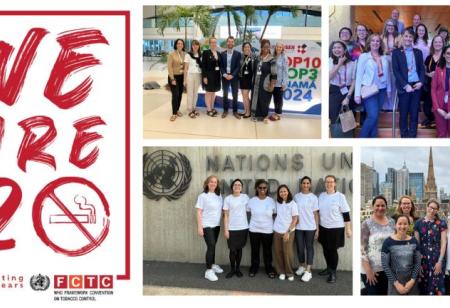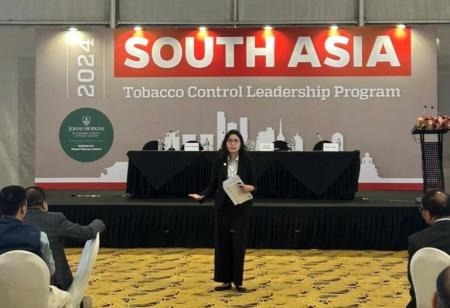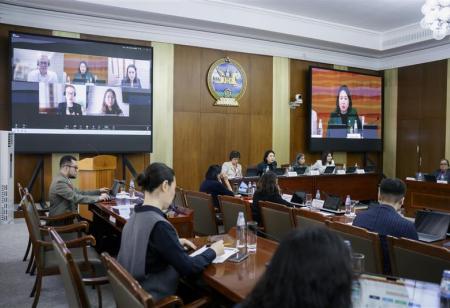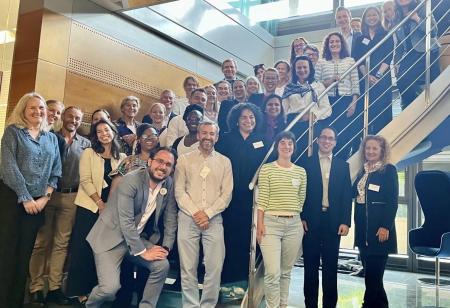
Comment on the Lancet’s correction to Derek Yach’s article Foundation for a smoke-free world - 8 December 2017
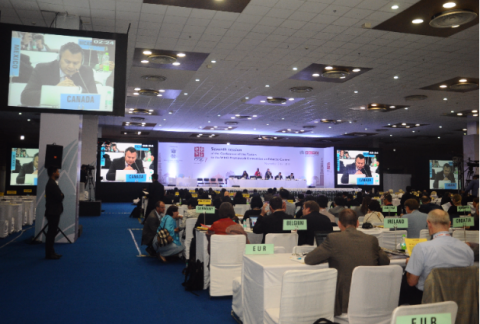
I am pleased that the Lancet has published a correction to Derek Yach’s piece Foundation for a smoke-free world about his new Philip Morris-funded foundation.
As I explained in this comment, in his piece published on 14 October, Yach cited a 2012 article of mine as the sole reference for his assertion that ‘most development agencies, international research bodies, and regional development banks are stepping back from commitments made during the FCTC negotiations’. My paper provided no support for Yach’s assertion. Nor is his assertion something I have ever thought.
I wrote to the Lancet requiring a correction, and pursued the matter, both to remedy Yach’s misrepresentation of my work and in consideration of the serious issues of principle and practice that the false or inaccurate citation of the work of others raise.
Through the Department of Error published on 7 December, Yach’s assertion
‘Nonetheless, most development agencies, international research bodies, and regional development banks are stepping back from commitments made during the FCTC negotiations.’
has been replaced with
‘Nonetheless, the capacity of developing countries remains threatened by the growing health and financial burden associated with behavioral risk factors contributing to noncommunicable diseases.’
This is rather a significant change – a retraction of the assertion. The reference to my paper has been withdrawn.
Like many others, I found the Lancet’s decision to publish Yach’s piece a curious one. In my view, Yach’s piece would have been more appropriately published by way of posting on his new foundation’s website and/or Philip Morris International’s website, where it would not have enjoyed any of the reflected benefits of publication in a scientific journal.
The announcement of Yach’s new foundation has led the British Medical Journal’s Tobacco Control, of which I am an Associate Editor, and in which my 2012 piece was published, to reaffirm its policy of not publishing work funded by the tobacco industry or from authors who accept tobacco industry funding, and to confirm that the policy will apply to research and researchers funded by organizations such as Yach’s foundation. Decisions of this nature are not taken lightly. The Senior Editorial Team explained that the policy was adopted ‘because of a long history of tobacco industry manipulation, suppression and misrepresentation of scientific data’ and the experience that the normal procedures of peer review and funding disclosure requirements had proved ‘insufficient to protect against tobacco industry manipulation of science to influence policies in service of profit-making’.
I am pleased that my paper is no longer cited in Yach’s piece. The integrity of the academic record is well served by the withdrawal of the reference and the retraction of Yach’s assertion.

